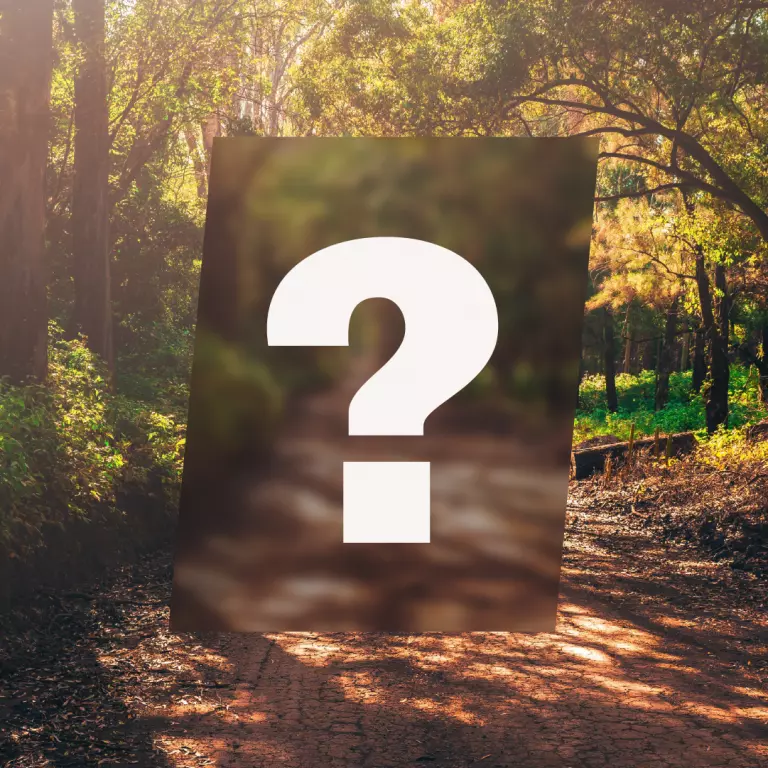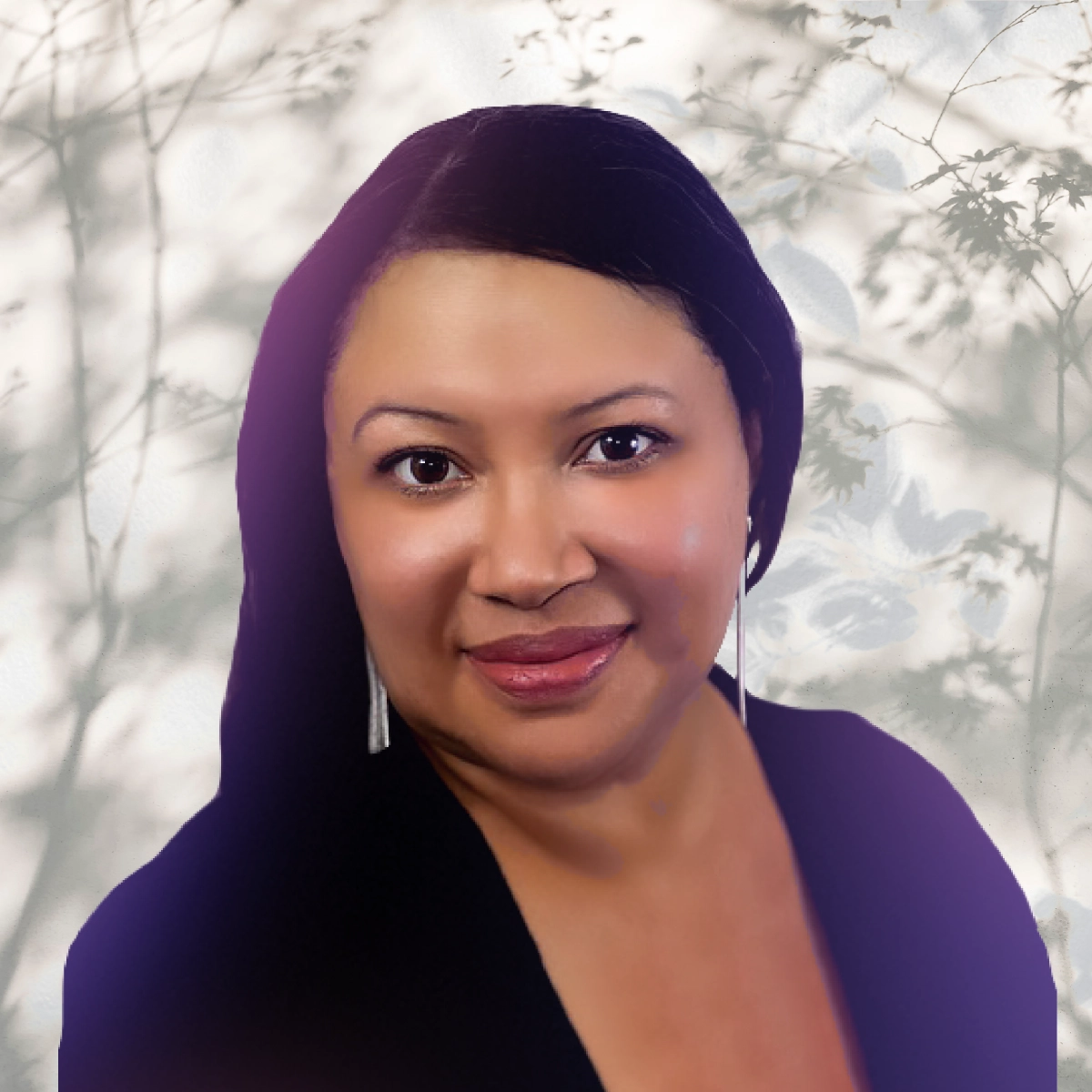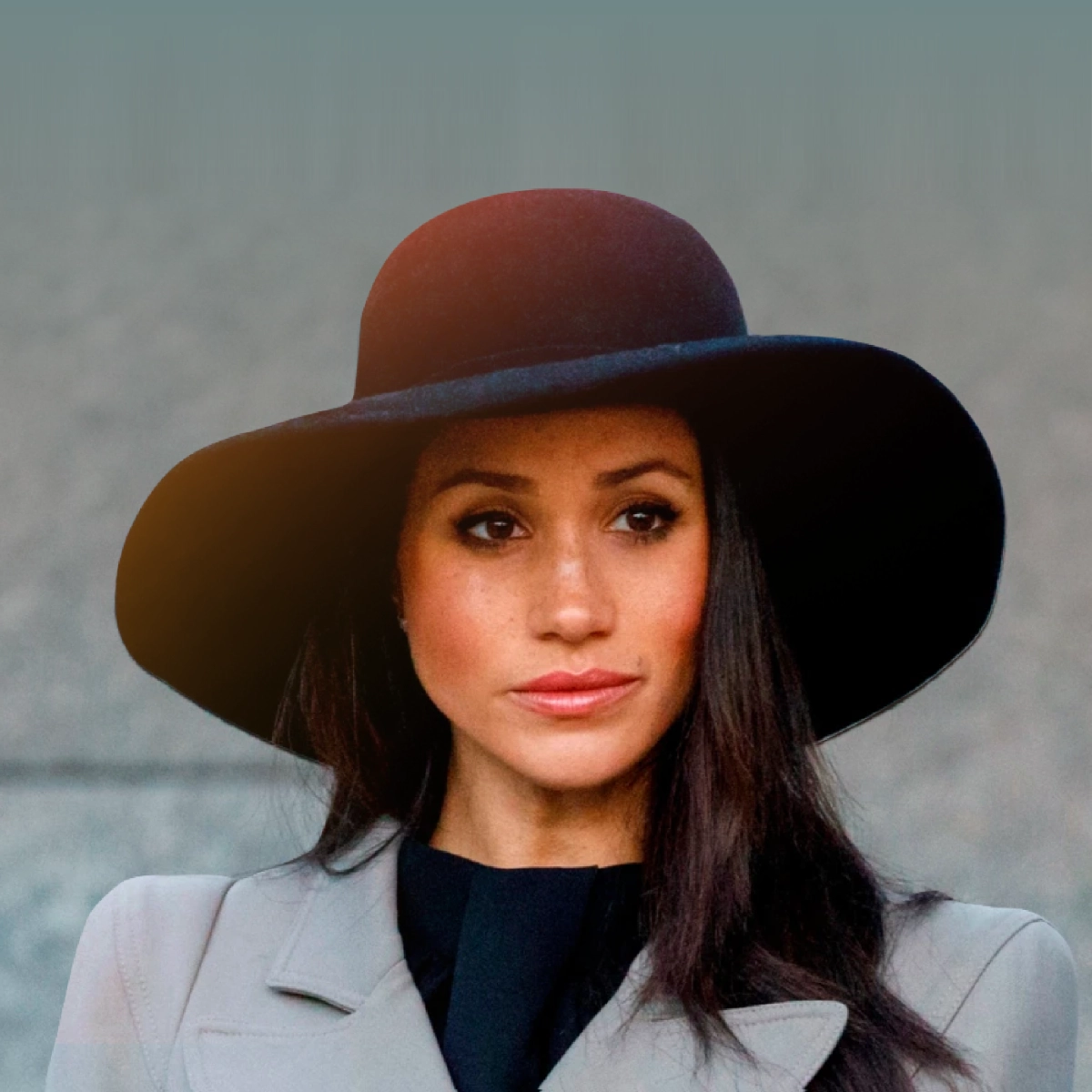The August Meetup was a root-boosted discussion on our hair. We discussed the politicization and societal expectations’ influence on our relationship with our tresses. Community members from across the country gathered on Zoom to ask questions, share stories, and show pride in their natural hair. TMS hosts of the evening, Mike Avila and Ariel Bastida, started the meetup by sharing photos of their hair during childhood. They spurred our creativity with a journaling exercise, prompting the audience to list five words to describe their hair, define a family member’s hair (color, scent, texture, length), and answer: What is a hairstyle you’ve wanted but never had?
Ariel began the meetup by noting how important hair is to everyone, whether it be a full head of hair, a lack of hair, and the many hairstyles we show—especially for those living mixed experiences. Reflecting on the orchestrated systems and messaging around us that manipulate how we think and treat our hair, she asked, “where do these feelings come from?” Opening up the discussion, she continued, “how do we break free?”
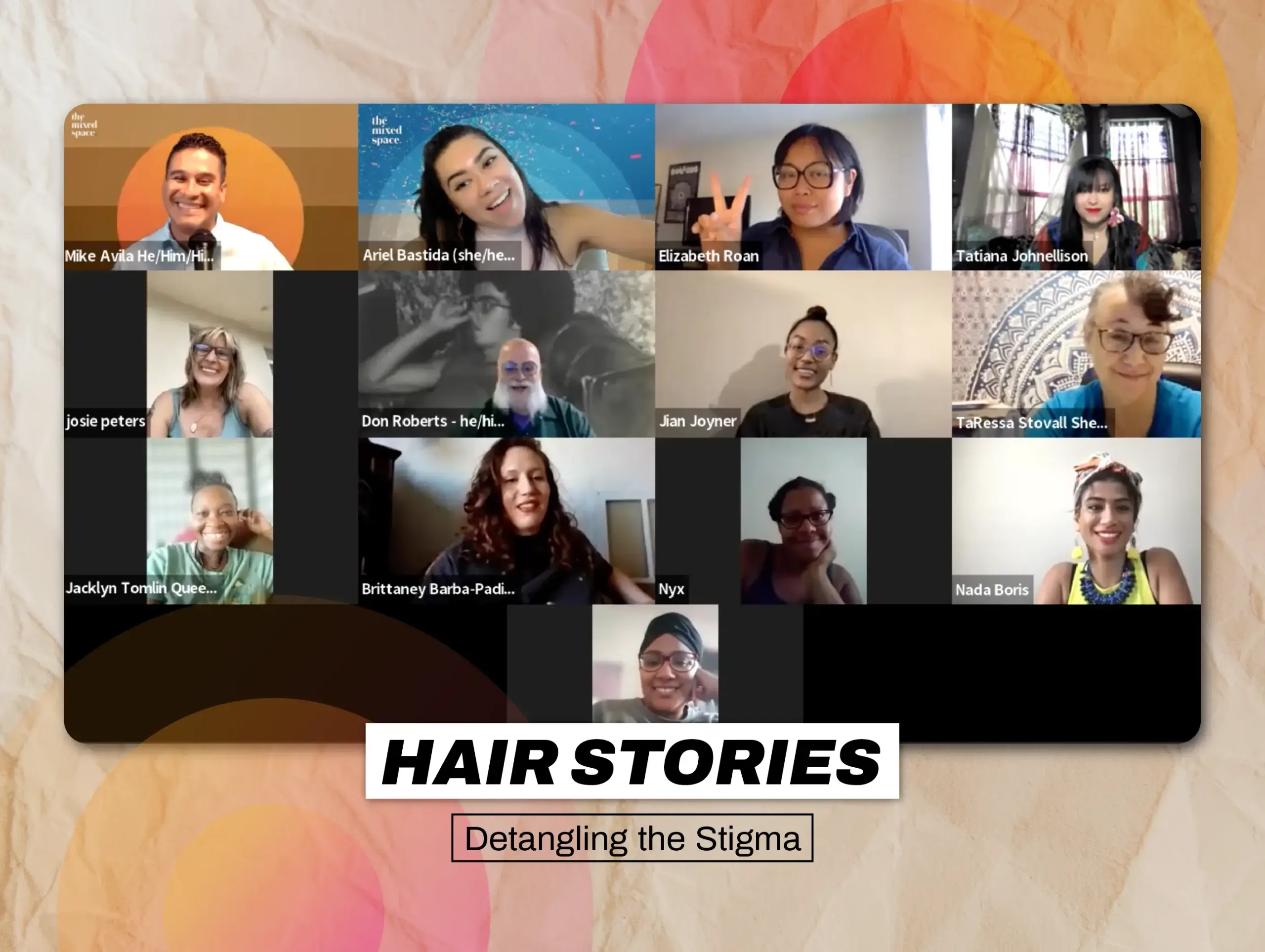
“The oppression of hair has been used as a tactic for years,” Ariel continued, “We want to have a conversation that looks at the way that hair has been used as a political tool, a form of oppression, and also as a beautiful way to reclaim culture and to express ourselves over the years.”
We openly discussed what we wished other people knew about hair identity and culture. A community member opened up by sharing how they were adopted by their paternal grandparents, who didn’t have the knowledge or resources to take care of Black hair. “ [I’m] in my late thirties. I am still figuring it out,” they stated as the community empathized with recommendations and similar stories in the chat.
Another contributor shared their hesitation in complimenting a person’s Afro, fearing it being mistaken for fetishization. Thoughtfully, another suggested, “Sometimes I find the best thing is just honesty,” she continued, “if you do feel the need to compliment someone, just being honest and saying: I hope this doesn’t come across weird, but I just wanted to tell you that your hair is beautiful.”
One of our community questions asked: How do societal expectations affect our relationship with our hair? In a powerful story, one community member—showing a bun of loosely curled hair—shared her choice to take off her hijab years ago. This decision greatly impacted her and her parents, causing total estrangement. She brought a photo of herself wearing a hijab to her screen, stating she carries this in her wallet to remind herself of this story daily. She pointed out that while there is much attention on Muslim women forced to take off their hijab, much is to be said about those who choose to remove their hijab to show their hair. She expressed how it should not be the cause of pain, estrangement, or violent divisiveness; it is simply just hair.
We provided two breakout sessions for community members to reflect further on each other’s hair stories. In those breakout sessions, we asked: What do you wish other people knew about hair identity and culture? What stories can you share about moments that felt special to you and your identity with hair? After coming out of breakout sessions, members then shared moments their hair made them feel proud.
As our meetup closed, we filled the community whiteboard with drawings of different colored and textured hair strands, a shampoo bottle, and empowering quotes about owning our hair. Members left the space feeling more compassionate about other people’s hair stories while also grounded in their own journeys. As a group, we felt more empowered by our shared experiences and just a little more in love with all the hairs on our bodies.
Meetup Quotes:
“I wish people understood that my hair is not always accepted in my own community, let alone in other spaces outside of my community.”
“Not only do I deal with oppression from the outside but also from inside of my own community.”
“Hair is big deal for many trans folks–and especially when standards for binary gender are set by white people. The way BIPOC trans folk style their head and body hair often conflicts with those colonial norms, and we get misgendered. Even cis BIPOC folk get misgendered and harassed for not falling into white hegemony.”
“As someone that presents as Asian, I’ve always wondered if I’d be treated differently if I dyed my hair blonde.”
“I had to watch my mom blow-dry and straighten her hair every day. Her curls were tighter than mine, and I knew she was trying to fit into white beauty standards.”
“I internalized shame and wanted straighter hair.”
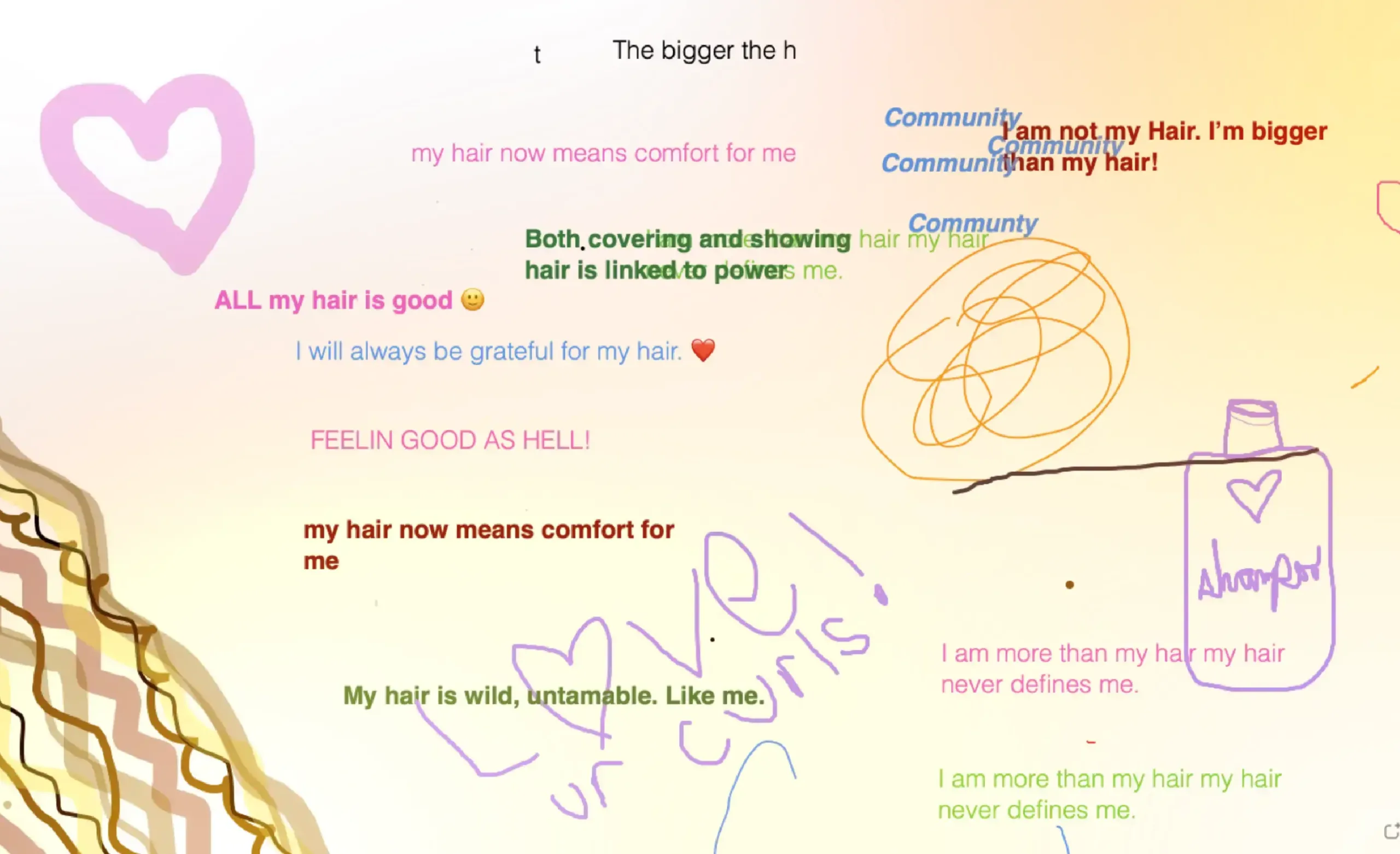
Meetup Resources:
Check out our Meetup Themed Playlist made by your host, Mike!
https://music.youtube.com/playlist?list=PLtwxkRMueWR-Tzrb8IQ2sKNTfqBAYD22m&feature=share
Hair: A Human History by Kurt Stenn
http://pegasusbooks.com/books/hair-9781605989556-hardcover
Beards and Men: The Revealing History of Facial Hair by Christopher Oldstone-Moore
https://press.uchicago.edu/ucp/books/book/chicago/O/bo20949601.html
Plucked: A History of Hair Removal by Rebecca M. Herzig
https://networks.h-net.org/node/9782/reviews/99233/smith-herzig-plucked-history-hair-removal
Article about Native American boy’s hair being cut by students
https://www.koco.com/article/oklahoma-del-city-native-american-hair/39479112
The History of White People by Nell Irvan
https://www.bookforum.com/print/1605/the-history-of-white-people-by-nell-irvin-painter-5025
“Don’t Touch My Hair” song by Solange
https://www.youtube.com/watch?v=YTtrnDbOQAU
The CROWN Act
https://www.thecrownact.com/
Hair Affirmations Video
https://www.youtube.com/watch?v=ITKQjWhlL1U
Mielle Organics: a black-owned hair care brand
https://mielleorganics.com/


